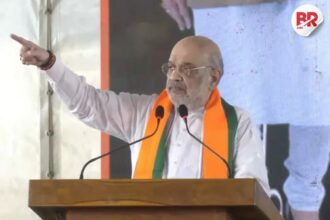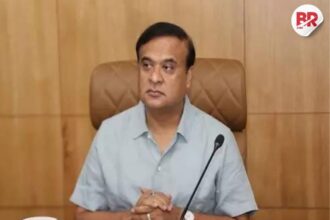
Lately, the role of the Tamil Nadu Governor has been the center of a lot of attention and debate. People are asking: Is the Governor using his power too much, or is he just doing his job as the Constitution requires? Sometimes, the line between these two things is unclear, which can cause conflicts between the Governor and the elected state government. Let’s break down what’s going on.
What Powers Does the Governor Have?

The Indian Constitution gives the Governor several important duties. As the representative of the President in the state, the Governor has the power to:
- Approve bills passed by the state legislature.
- Send bills to the President for review.
- Appoint the Chief Minister and other ministers.
- Dissolve the state assembly under certain conditions.
- Address the state legislature.
These powers are meant to help the state government run smoothly, but how these powers are used can sometimes be a point of disagreement.
Where Do Problems Arise?
Recently, many issues have come up with the Tamil Nadu Governor, especially regarding delays in approving bills passed by the state legislature. Critics say these delays slow down the democratic process and go against what the elected leaders want. Another problem is the Governor’s speeches. When the Governor publicly shares views that disagree with the state government’s policies, it can make people wonder if he is being fair. For example, the Governor has spoken out about historical issues that clash with the state government’s views, creating distrust and making it harder to govern smoothly. It’s like having two leaders trying to lead in different directions – this causes problems!
Read More: Politics on Fire! DMK-BJP Tamil Nadu Conflict Sets the Stage for a Mega Showdown
Is the Governor Doing His Job or Getting Involved in Politics?
The big question is whether the Governor is just doing his constitutional duty or if he is trying to interfere politically. According to the Constitution, the Governor is supposed to follow the advice of the Chief Minister and the Council of Ministers, except in certain situations where he can act on his own judgment. But what exactly counts as “acting on his own judgment” is often debated. For example, is delaying approval of a bill a valid use of his powers, or is it just blocking progress? The Supreme Court has given some important guidance here. The court has said that no one, including the Governor, can act without being held accountable, and that the actions of all constitutional authorities should be reviewed when necessary.
The Supreme Court’s Role: Keeping Things in Check
The Supreme Court can review the Governor’s actions to ensure they are fair and constitutional. This review process is important to make sure that all institutions follow the Constitution and do not misuse their powers. The court’s statement that it can step in to “hold institutions accountable” shows its commitment to upholding the law and preventing misuse of power. Think of it like a referee in a game, making sure everyone follows the rules.
Also See: Big Leadership Announcement Expected After Amit Shah’s Tamil Nadu Visit
Looking Forward: Working Together
The relationship between the Governor and the state government is crucial for good governance. Both sides need to respect each other, understand their roles, and always work towards the best interests of the people of Tamil Nadu. While differences of opinion are normal, it’s important to find a way to work together. The debate about whether the Governor is overstepping his role or just doing his job is complex, but it’s something that requires careful thought and attention to the Constitution.












